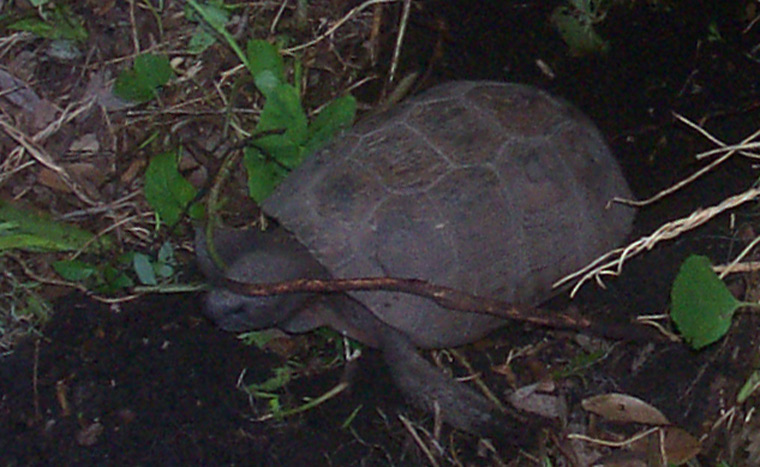-
info@aaanimalcontrol.com
Call us for help in your town
Humane Wildlife Education
Tips to keep animals out your garden
Need wildlife removal in your hometown? We service over 500 USA locations! Click here to hire us in your town and check prices - updated for year 2020.
Your garden is supposed to be that special place where you are ensuring that you're getting good quality fruits and vegetables grown by yourself. This is your opportunity to take a seed or small plant, water and nurturant, and see it blossom and develop into a fully-grown carrot, lettuce, cantaloupe, watermelon, or other kind of food or vegetable. You then get to reap the benefits of eating that food without the concern about it being treated with pesticides or other additives that can make it less than the wholesome treat that you wanted to be. This is why so many are opting to grow their own food.

However, you are not the only one who would see this as an ideal meal for yourself. There are animals out there who would see your food as a perfect choice for themselves, and would do whatever they could to gain access into your garden. If you are looking to learn how to keep animals out of your garden, here are some important tips to follow.
The first one of these is related to birds. Most of the measures that people take are intended to deter land animals, denying the fact that birds can be your biggest nemesis. You want to take steps to ensure that they are unable to get to your corn, peas, and other vegetables, and so the best solution is to place some kind of netting over the top of your garden area.
There are several different commercial brands out there that provide a mesh over the top of your garden that denies the birds access to your food. In fact, it is a good idea to place this mesh over the top of any fruit trees that you have as well. What you will find is if you have such things as cherries, plums, or apples, the birds will feast on them unless they are denied access. By placing netting over the top of your trees you deny them the ability to do this.
Of course, that is only half the battle. Several animals, including rabbits, raccoons, and possums, would enjoy eating food out of your garden. To stop that, you must begin by putting a very sturdy fence around your garden area. To deter these creatures from getting underneath your fence and into your garden, you want to bury the fence area at least 1 foot below the surface. This denies them the ability to dig a hole underneath and get into your vegetables and fruits.
From the ground up, your fence should be at least 4 feet high. It should be made in such a way as to not allow gaps between fence boards, otherwise the animals will slide their way through and into your garden.
Once you have installed the fence, it is a good idea to rebury the dirt around the fence trench that you dug, using rocks and other jagged objects to deter them from trying to dig. This should keep your garden a lot safer.
For more information, you may want to click on one of these guides that I wrote:
How To Guide: Who should I hire? - What questions to ask, to look for, who NOT to hire.
How To Guide: do it yourself! - Advice on saving money by doing wildlife removal yourself.
Guide: How much does wildlife removal cost? - Analysis of wildlife control prices.
Animals in the attic - read about the common species.
Noises in the attic - how to identify critters by their sounds.


















